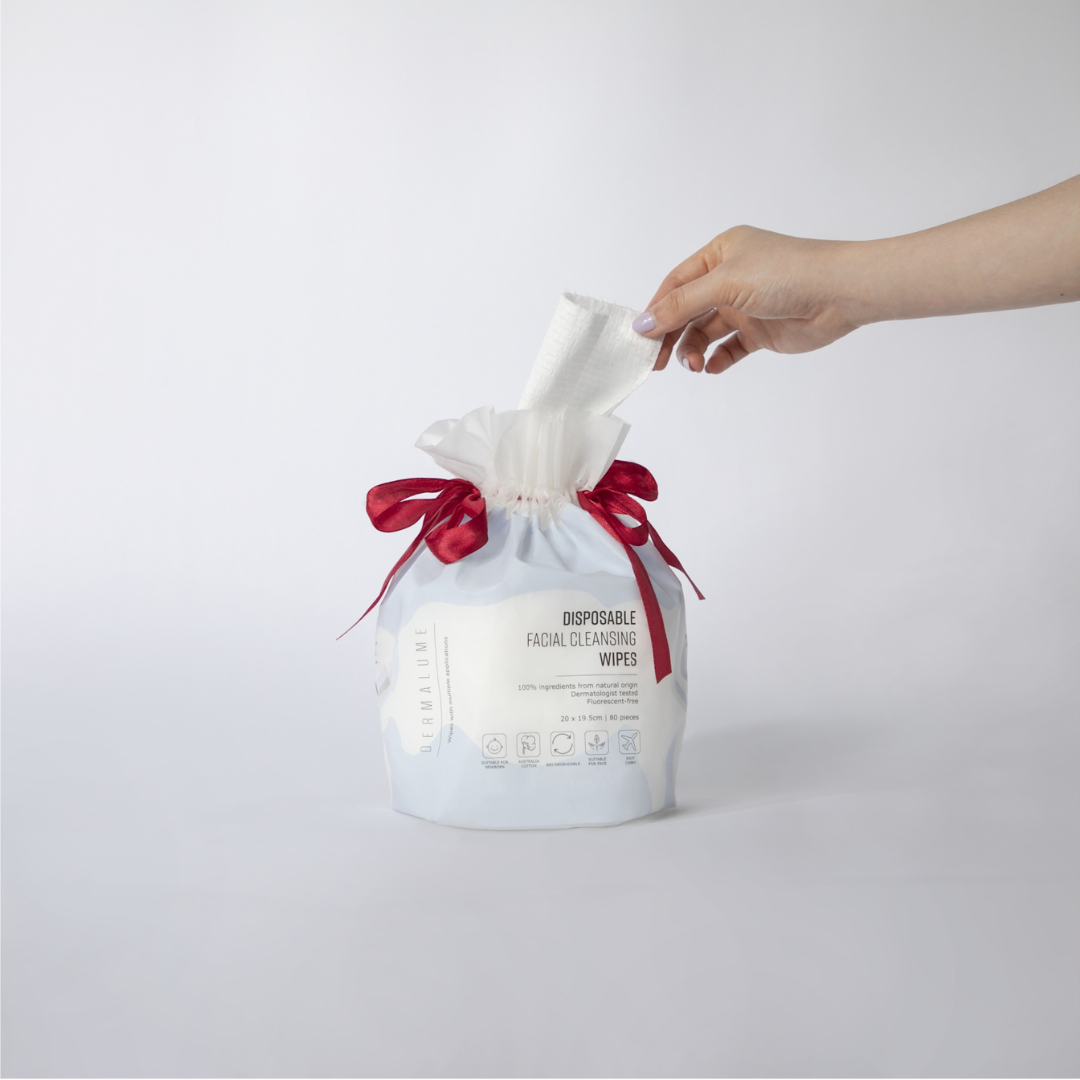Understanding Causes of Dry Hand Skin
Understanding Causes of Dry Hand Skin
Dry hand skin is a common concern that affects many individuals, especially during colder months or in dry climates. It can be uncomfortable and sometimes even painful, impacting daily activities. Understanding the causes of dry hands is the first step toward finding effective remedies and treatments. In this article, we'll delve into the various factors that lead to dry hands and explore practical solutions to alleviate this condition.
Common Causes of Dry Hands
Several factors contribute to dry hand skin. Recognizing these can help in identifying the right treatment method.
Environmental Factors
Environmental conditions are one of the primary causes of dry hands. Cold weather, low humidity, and exposure to wind can strip moisture from the skin, leaving your hands dry and cracked. Similarly, indoor heating during winter months can further dehydrate the skin, exacerbating the problem.
Frequent Hand Washing
While washing hands is crucial for maintaining hygiene, excessive washing can lead to dryness. Soap and water remove natural oils from the skin, and when done repeatedly, it can cause the skin on your hands to become dry and rough.
Use of Harsh Chemicals
Exposure to harsh chemicals found in cleaning products or certain industrial materials can damage the skin barrier. This not only leads to dryness but can also cause irritation and even allergic reactions in severe cases.
Medical Conditions
Certain medical conditions, like eczema and psoriasis, can cause extremely dry hands. These conditions affect the skin's ability to retain moisture, leading to chronic dryness and irritation.
Dehydration
Not drinking enough water can lead to dehydration, which often manifests as dry skin, including the hands. Keeping your body hydrated is essential for maintaining healthy skin.
Symptoms of Dry Hands
The symptoms of dry hands can vary from mild to severe, and they may include:
- Rough or flaky skin
- Redness and irritation
- Itching or burning sensation
- Cracks or fissures in the skin
- Bleeding in severe cases
Understanding these symptoms can help in assessing the severity of the condition and in seeking appropriate treatments.
Effective Remedies for Dry Hands
Thankfully, there are several remedies and treatments that can help alleviate dry hands. Here are some of the most effective methods:
Moisturize Regularly
Using a good quality hand cream or moisturizer is one of the best ways to combat dry hands. Look for products containing ingredients like glycerin, hyaluronic acid, and ceramides, which help lock in moisture and repair the skin barrier.
Use Gentle Soaps
Switch to mild, fragrance-free soaps to reduce irritation and dryness. Soaps with added moisturizers can also be beneficial in preventing the skin from drying out.
Wear Gloves
If you're frequently exposed to water or chemicals, wearing gloves can provide a protective barrier. This is especially important when doing household chores or working with industrial materials.
Stay Hydrated
Drinking plenty of water throughout the day helps keep your skin hydrated from the inside out. Aim for at least eight glasses of water daily to maintain optimal hydration levels.
Use Humidifiers
Installing a humidifier in your home can help maintain a comfortable level of humidity, preventing the air from becoming too dry and, consequently, keeping your skin hydrated.
Home Remedies
There are several home remedies that can provide relief for dry hands. Applying coconut oil, olive oil, or aloe vera gel can soothe and moisturize the skin. Overnight treatments, such as wearing cotton gloves after applying a thick layer of moisturizer, can also be highly effective.
When to Seek Medical Attention
While most cases of dry hands can be managed with home remedies and over-the-counter treatments, there are instances when professional medical advice is necessary. Consult a dermatologist if:
- Your hands are extremely dry and cracked, causing pain or bleeding.
- You experience severe itching or irritation that doesn't improve with home care.
- You suspect an underlying medical condition, such as eczema or psoriasis, is causing your symptoms.
Preventing Dry Hands
Prevention is always better than cure. Here are some tips to prevent dry hands:
- Moisturize your hands regularly, especially after washing them.
- Avoid using hot water; opt for lukewarm water instead.
- Limit the use of hand sanitizers, as they contain alcohol which can be drying.
- Protect your hands with gloves when necessary.
By following these preventive measures, you can maintain healthy, hydrated skin and reduce the risk of developing dry hands.
Conclusion
Understanding the causes of dry hand skin is crucial in finding the right treatment and prevention strategies. By identifying the factors contributing to your dry hands, you can implement effective remedies to restore moisture and comfort. Whether it's through moisturizing, protecting your hands, or seeking medical advice, there are numerous ways to alleviate and prevent dry hand skin.
Remember, consistent care and attention to your hand care routine can make a significant difference in maintaining the health and appearance of your skin. Keep your hands hydrated and protected, and you'll be well on your way to soft, smooth hands.




Leave a comment